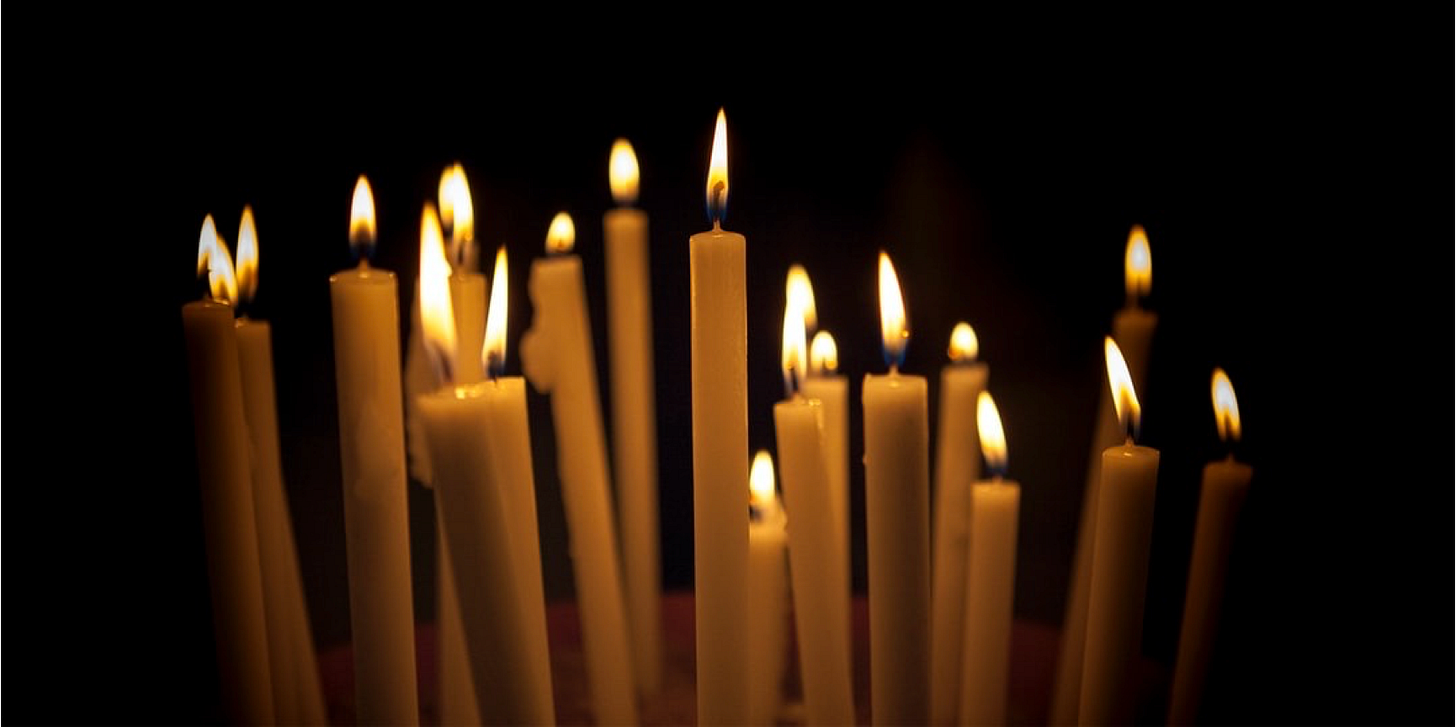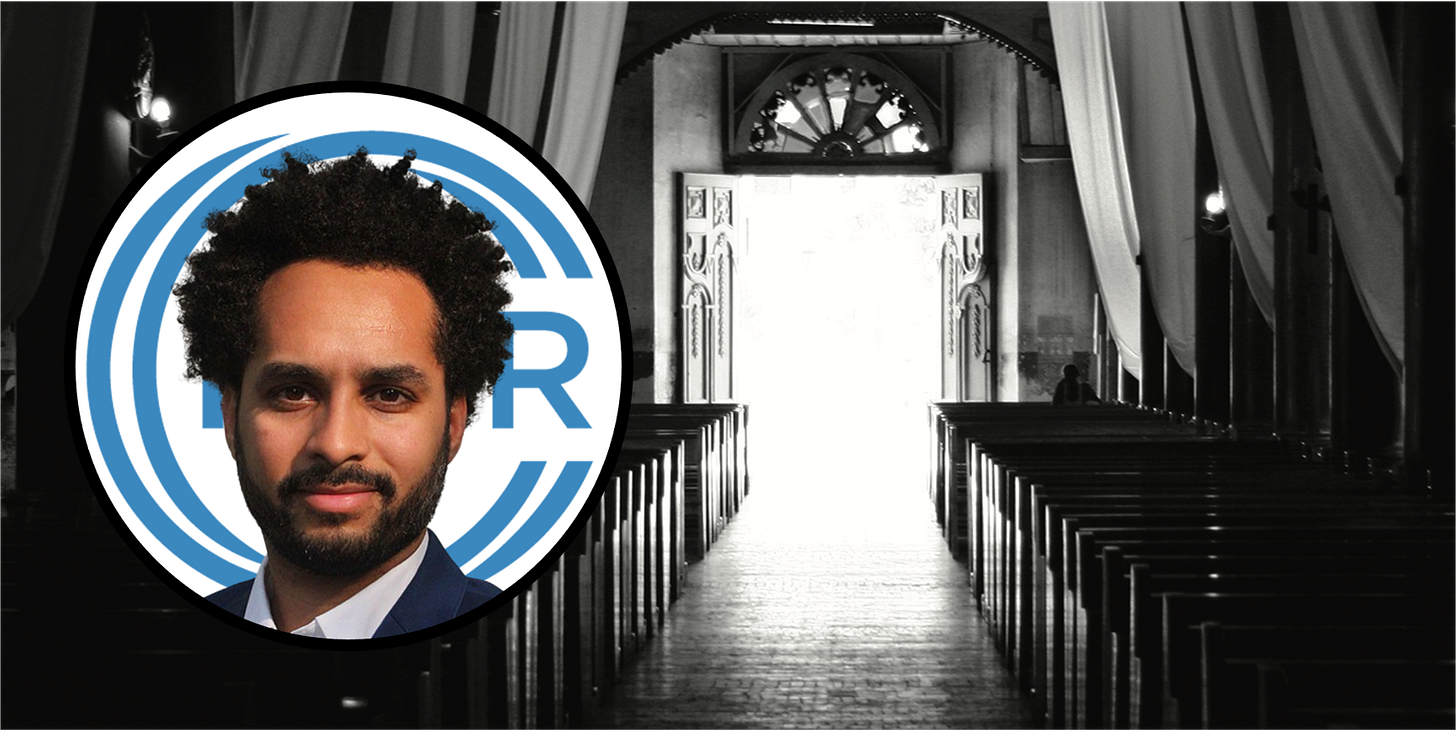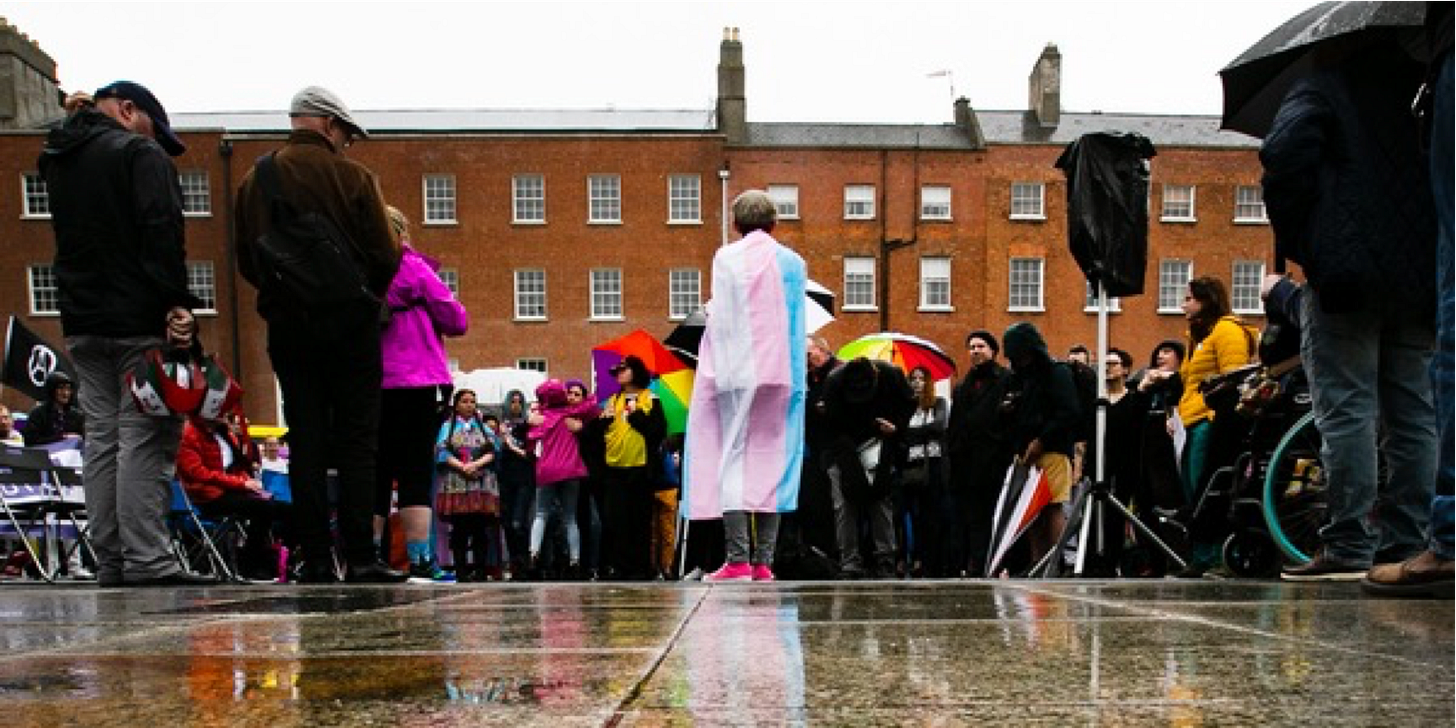For audio versions of our FAIR News and FAIR Weekly Roundup newsletters, subscribe and listen to our FAIR News Weekly podcast here.
On our Substack, Hilary Miller wrote about the story of two men who were neighbors in Pennsylvania—Julius Styler, a Lithuanian Jew, and Jonas Stelmokas, a Lithuanian émigré. The former was Hilary’s great-grandfather, who fled Europe in 1949 during the Holocaust. The latter, who was originally believed to be an ordinary immigrant from Lithuanian, turned out to be a Nazi war criminal.
Miller tells about how the United States’ Office of Special Investigations, known as the “Nazi hunting unit,” has “powerfully impacted Holocaust memory and victims’ healing” for its commitment to truth-seeking, accountability, and justice.
I believe the OSI story reflects all that is righteous and good about this deeply flawed country—traits that are either overlooked, dismissed, or rejected entirely in our cultural and political discourse today. The OSI reminds me that America’s many corrective tools, like fact-finding and truth seeking, and its institutional values of accountability and justice, count for something.
On our Substack, Gabriel Brown wrote about her acting class and what it taught her about identity. In the first week of class, for an ice-breaking exercise, the acting coach asked everyone the class to “describe who you are in three words.” When the question came to Brown, she responded, “Kind, sister, enthusiastic.” Another woman, when asked, said, “Lesbian, Jewish, smoker.”
The coach then responded, “No, you can’t be any of those things. You can’t.” The room got silent and tense. The coach then went on to demonstrate that such labels don’t describe who you are, but only what you are in a very narrow sense.
In that moment, sitting in that poorly-ventilated room, I felt more empowered and clear-headed than ever before. I realized that my life cannot be reduced to these labels placed upon me, or those that I had placed upon myself. No, I’m an active player in my life, and my choices make up who I am.
For the Center for Inquiry, FAIR Advisor Angel Eduardo wrote about the popular portrayal of so-called “wokeness” as a new secular religion, and even the claim that it has arisen due to the West’s increasing rejection of traditional religions. Many, though not all, who ascribe to this line of thinking often advocate for re-embracing the religions of yesterday as an antidote to the excesses of wokeness.
But Eduardo believes this is not the best path forward, because “trading dogma for dogma is no solution at all.”
I happen to know that we can find meaning, community, and connection without believing a single thing on insufficient evidence, hating a single human being, or devolving into factions of rancor and division. I know because I’ve done it, and I’m far from alone. All it takes is an acknowledgement of what we know is true about the world around us and a broader perspective on what makes us human.
For Newsweek, high school senior Daniel Idfresne wrote about the record levels of anxiety, depression, and even suicide that he and his friends are experiencing in the wake of COVID lockdowns. In order to go beyond the statistics, Idfresne interviewed several of his friends to find out more about “about why they are so engulfed with despair.”
His friend Ella experienced deep loneliness during lockdowns, and her grades rapidly rapidly deteriorated as a result. Another friend, Eric, suffered not only mentally, but physically as well without the ability to interact with friends. And Noah, a 17-year old student athlete from Brooklyn, turned to alcohol and smoking.
Teenagers like Noah, Eric and Ella deserve an explanation as to how the adults in charge allowed this to happen to us. We deserve an apology.
And we deserve a plan: How is this crisis in loneliness, depression, and suicide going to be addressed?
For Areo, Fort Lewis College philosophy professor Justin McBrayer wrote about the troubling shift he has witnessed in philosophy from the notion that truth is objective and discoverable, to the idea that it is subjective and relative. He describes this as a shift from “talking about the truth and moving towards talking about my truth and your truth.”
Lewis points out that this view is incompatible with a belief in the utility of intellectual diversity, since diverse perspectives only matter because “they are perspectives on something.” According to Lewis:
If there’s nothing to have a perspective on, perspectives are intellectual dead weight. Bringing people from different backgrounds and walks of life together to share their perspectives won’t help you to think more accurately about the world unless there really is a world out there to think about.
For Bari Weiss’ Substack Common Sense, billionaire Mike Solana wrote about Elon Musk’s takeover of Twitter, and the backlash it has caused. Solana describes the initial response as appearing like an “incoherent fury, with no consensus motive.” Even though Musk had explicitly purchased Twitter to promote free speech, many became convinced that he would use it to censor opposing views. There were even accusations of racism.
According to Solana, Musk’s critics are upset about his stated goal of “guaranteeing freedom of political dissent,” which Musk considers essential to a functioning democracy. Ultimately, Solana is optimistic that Musk will improve Twitter and our culture by upholding the right to free speech, which he says “doesn’t come without a fight.”
For Broadsheet, Colette Colfer, a lecturer in world religions at Waterford Institute of Technology, wrote about why she believes “gender identity theory” is fundamentally religious in nature. Colfer’s method of studying religions uses a “phenomenological perspective,” which requires her to compartmentalize her personal beliefs in order to form an objective understanding of a religion from a believer’s perspective. However, she has experienced roadblocks when trying to use this method to study gender identity theory.
People from all these religions and belief systems permitted me to enter their worlds with no compulsion on me to participate or to believe. Yet today, in Ireland, when it comes to gender identity theory, it is becoming difficult to adopt the phenomenological perspective as there is increasing pressure to accept this theory uncritically.
While Colfer believes gender identity theory might be akin to a new religion, she is quick to point out that this label is not meant as a denigration. According to Colfer, she “understand[s] that gender identity is real for people who believe in it.”
For Tablet, Ugo Bardi, a professor of physical chemistry at the University of Florence, Italy, wrote about civilizations as complex systems, and explains why the more complex the system, the faster it tends to collapse. While he believes that civilizational collapse is inevitable, he suggests our goal should be to “slow it down enough to prolong our happiness.”
Ugo goes on to list several potential steps we could take to stave off collapse, but says that, “in the end, it may well be that some collapses are unavoidable—it is the way the universe gets rid of old things to replace them with new ones. So we have to just accept that things may go wrong, as they often do.”
Join the FAIR Community
Become a FAIR volunteer or to join a FAIR chapter.
Join a Welcome to FAIR Zoom information session to learn more about our mission, or watch a previously recorded session in the Members section of www.fairforall.org.
Take the Pro-Human Pledge and help promote a common culture based on fairness, understanding, and humanity.
Join the FAIR community to connect and share information with other members.
Share your reviews and incident reports on our FAIR Transparency website.













